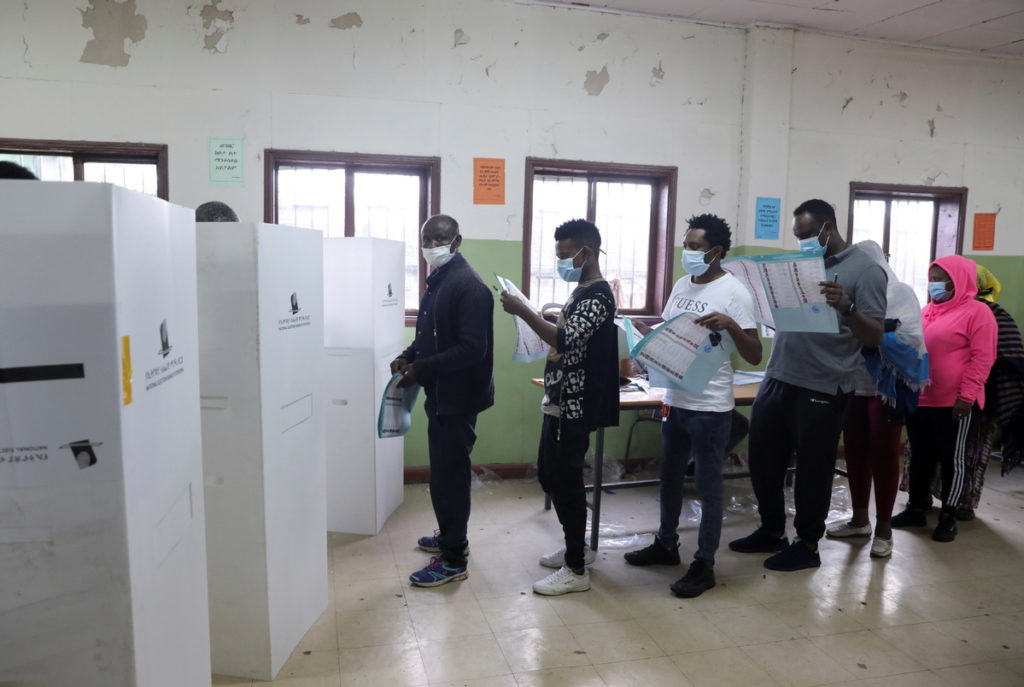More than 37 million of Ethiopia’s approximately 110 million people registered to vote in the election that is seen as Prime Minister Abiy Ahmed’s greatest test.
The twice-postponed elections are being held in seven of the 10 regional states, with voters expected to choose candidates vying for 440 of the 547 parliamentary seats in the East African country.
The National Electoral Board of Ethiopia had previously disclosed security and logistical challenges as well as faulty ballots and electoral malpractices, which had forced it to postpone the voting over 107 of the 547 parliamentary seats.
Ethiopians are also to choose candidates from 46 regional and national parties, with the ruling Prosperity Party widely expected to win the polls.
The second-most populous country in Africa held the elections in the middle of a crisis in its northern Tigray region. The National Election Board of Ethiopia excluded the region from voting due to security issues.
Security was beefed up across the country to ensure voting goes off smoothly.
Abiy convened the National Election Security Strategic Command for a briefing on Sunday where the election security platform was unveiled in the central command situation room of the prime minister’s office to highlight election security preparedness.
Heightened security
The preparations included physical force deployments to all corners of the country as well as cybersecurity enhancements to thwart threats to the vote.
Many voters hoped the election exercise will be peaceful and mark a new beginning to a country that has experienced internal conflicts for decades.
“I wish today would be the day of turning into peace, integrity, forgiveness and prosperity for all Ethiopians,” Fassil Gebeyehu, the general coordinator of the African Biodiversity Network, wrote in his Twitter account.
Terrence Lyons, an associate professor at the Carter School for Peace and Conflict Resolution in George Mason University, said in an analysis for the US Institute for Peace that the ruling party will likely have a large majority in the next parliament and retain control of the government.
Lyons said the conduct of the 2021 elections represent an improvement over past polls.
“While the National Election Board of Ethiopia has faced considerable logistical challenges, it is a more independent electoral body than previously,” he said.
